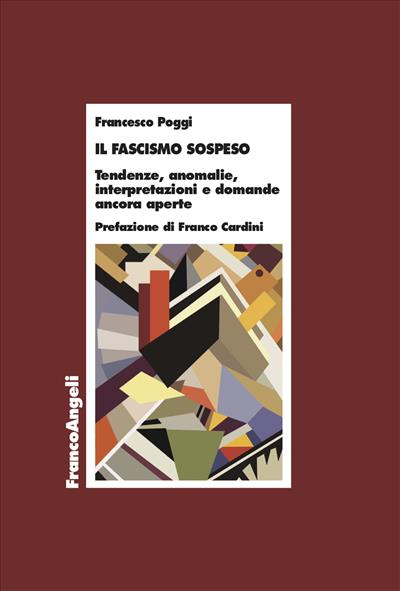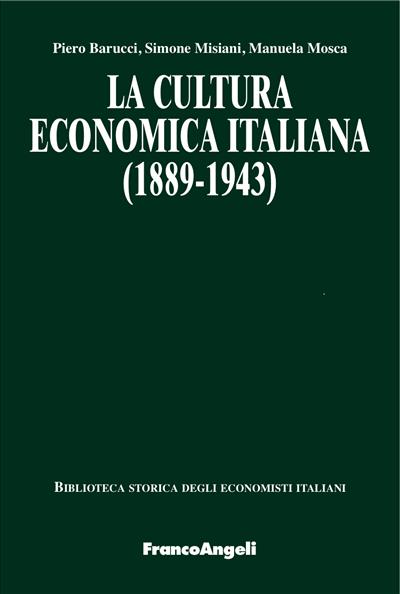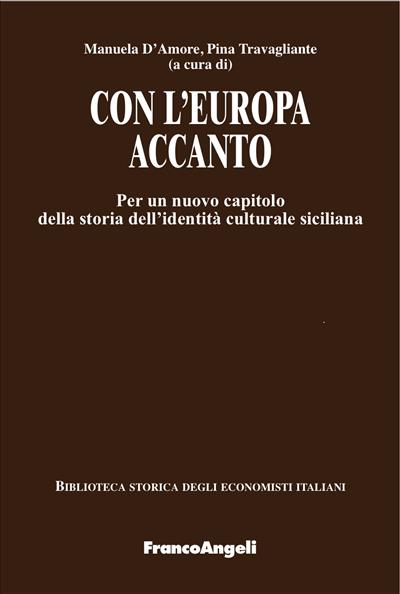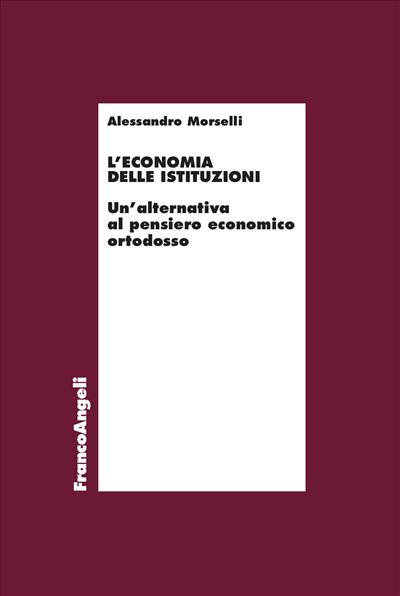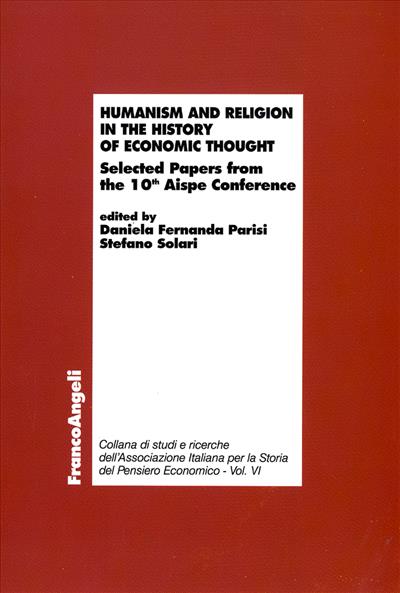
A cura di: Daniela Fernanda Parisi, Stefano Solari
Humanism and Religion in the History of Economic Thought.
Selected Papers from the 10th Aispe Conference
Humanism and religion have been two reference points for economists who expressed their perplexities on the conception of man and society adopted in mainstream economics. This volume contains a selection of twenty papers presented at the X conference of the Italian Association for the Study of Economic Thought. The theme of the conference was Humanism and Religion in the History of Economic Thought.
Pagine: 448
ISBN: 9788856823479
Edizione: 1a edizione 2010
Codice editore: 363.81
Disponibilità: Discreta
Pagine: 448
ISBN: 9788856826340
Edizione:1a edizione 2010
Codice editore: 363.81
Possibilità di stampa: No
Possibilità di copia: No
Possibilità di annotazione: No
Formato: PDF con DRM Readium LCP
